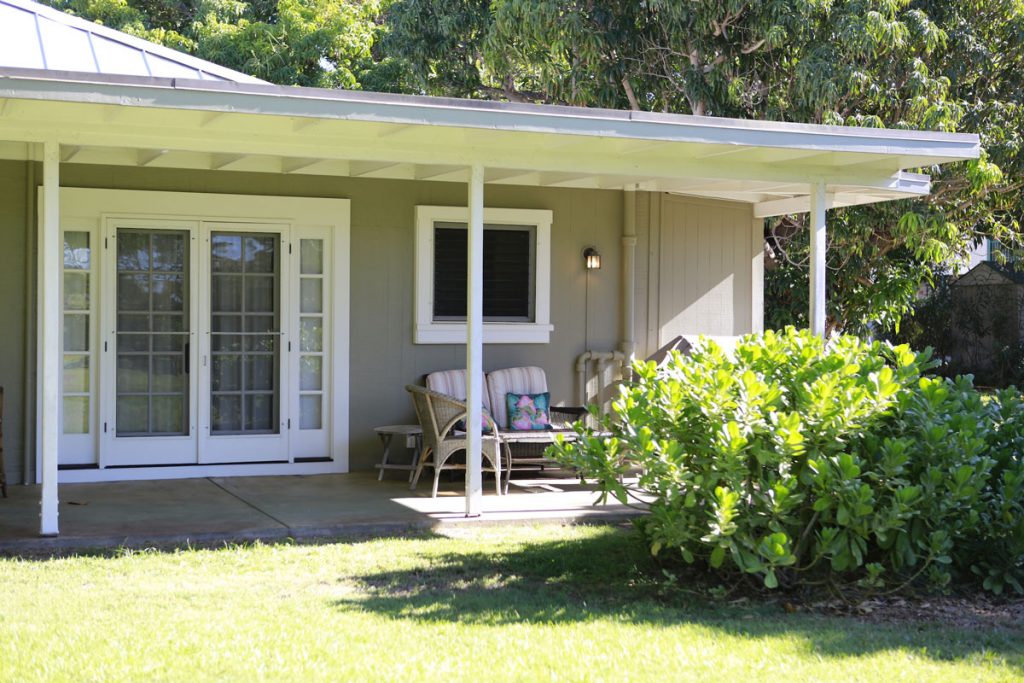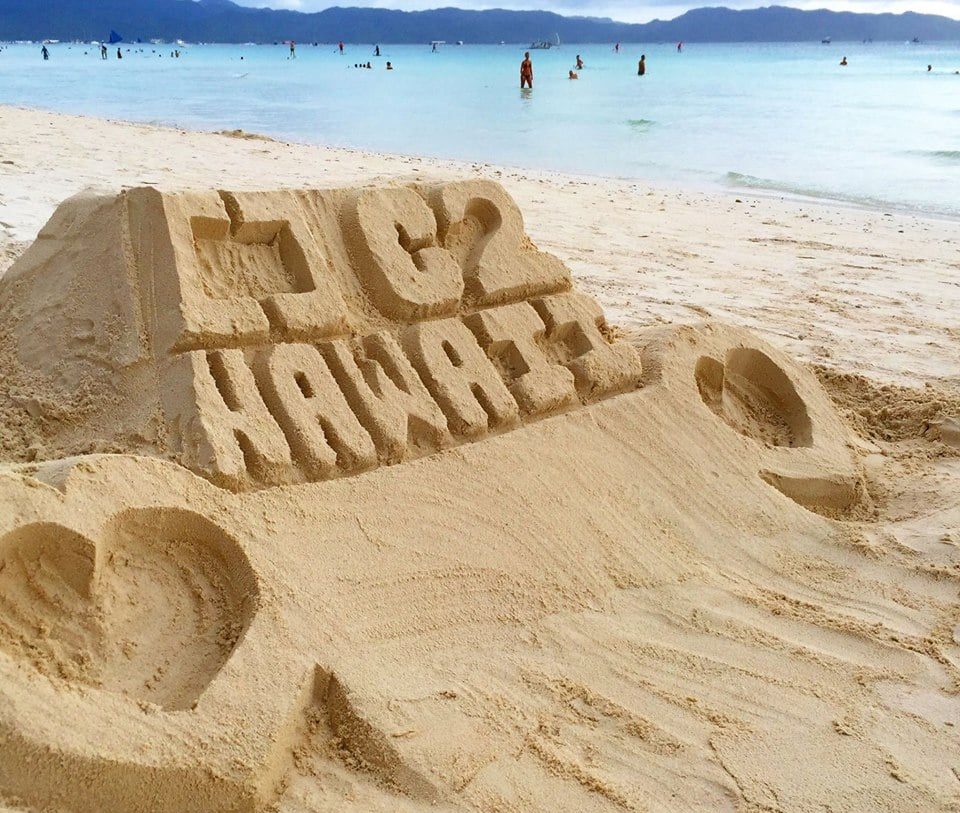LOAN OFFICERS NMLS#2024083 Loan Officer Cell: (808) 216-7359 leo@c2hawaii.com Apply Now Leonard Cupo Leonard Cupo ‘Leo’ brings over 16 years of customer service experience to the table. Teaming up with C2 Hawaii in 2020, he has combined his understanding of client needs with C2’s vast resources, to deliver individually tailored mortgage solutions. Leo takes pride […]
Leonard Cupo











